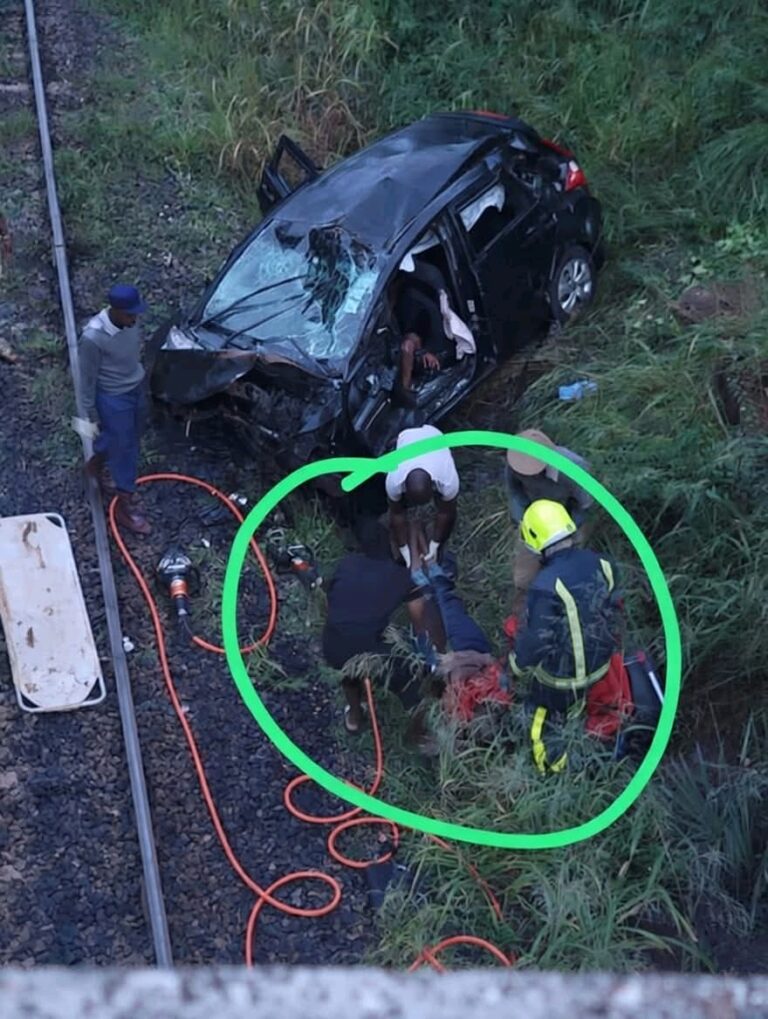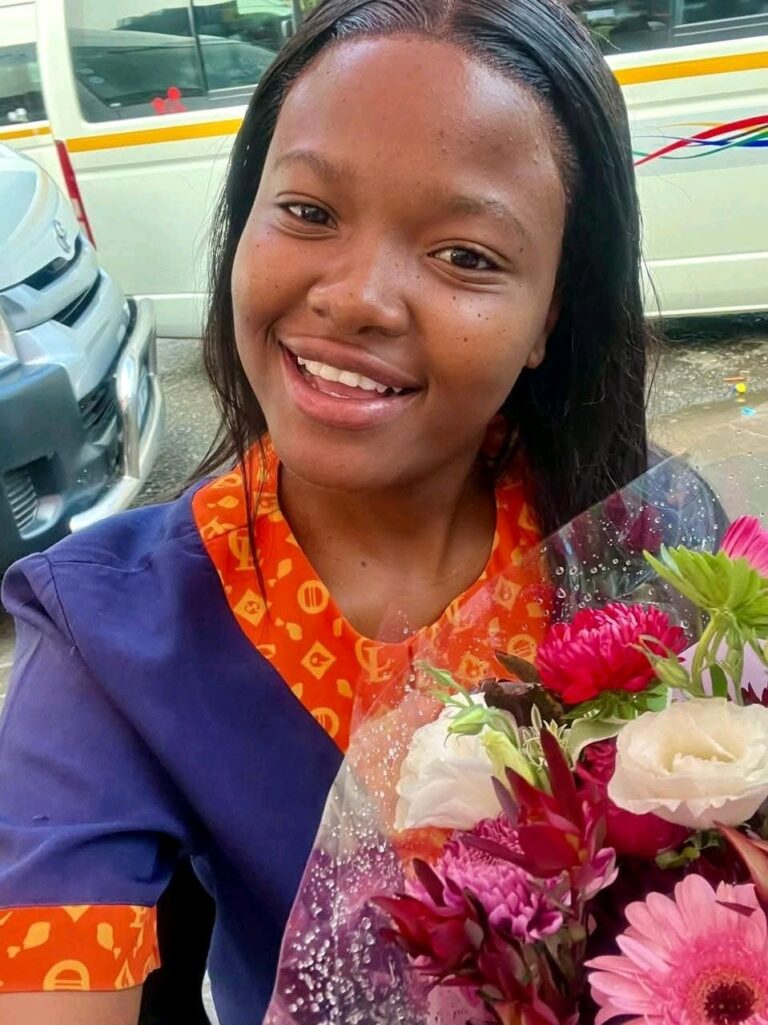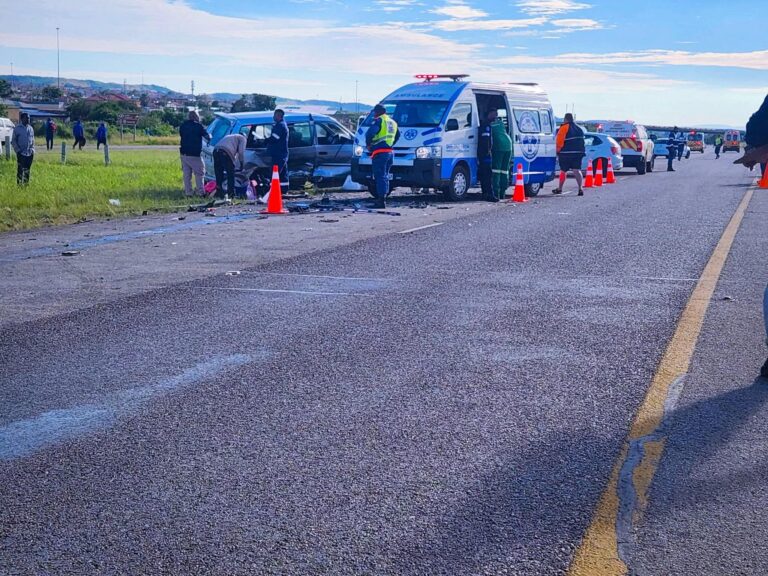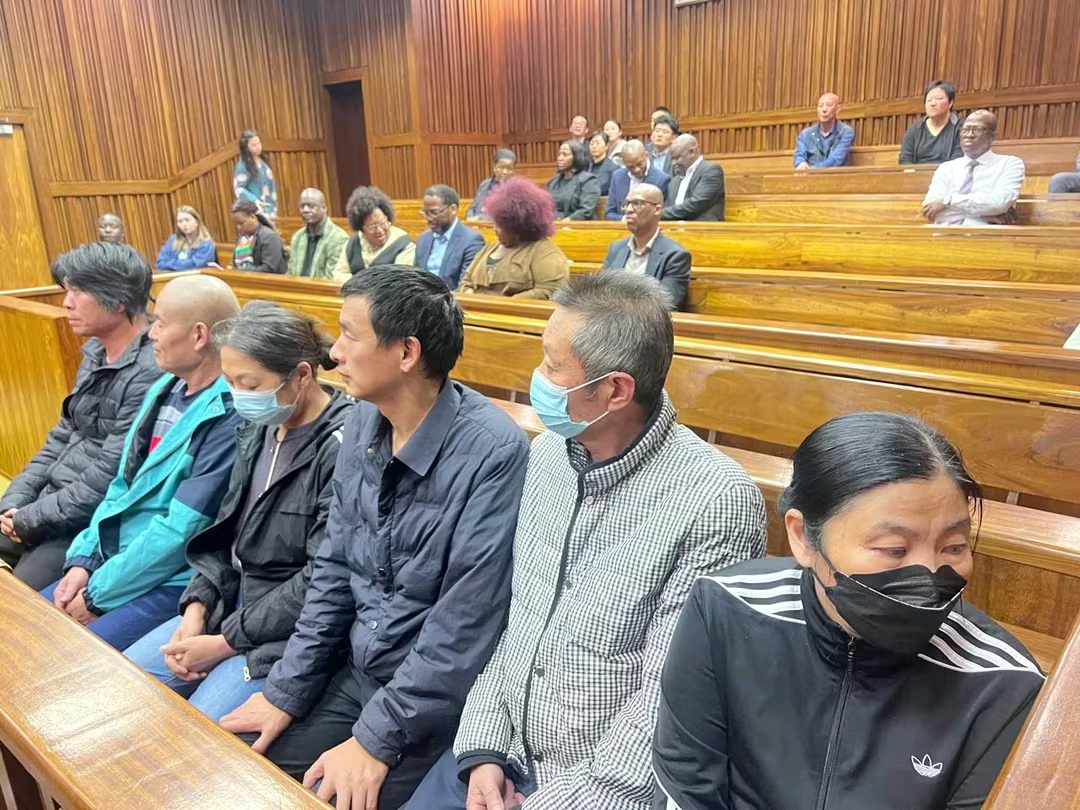
The Johannesburg High Court is set to deliver a landmark judgment today, September 10, 2025, as seven Chinese nationals face sentencing on 160 charges related to human trafficking, child labor, and other serious offenses. The case, which has drawn national and international attention, highlights the ongoing fight against human trafficking in South Africa and the devastating conditions victims are often subjected to.
The convicted individuals — Kevin Tsao Shu-Uei, Chen Hui, Qin Li, Jiaqing Zhou, Ma Biao, Dai Junying, and Zhang Zhilian — were arrested following a dramatic raid in November 2024 on their factory, Beautiful City (PTY) Ltd, located in Village Deep, Johannesburg. The operation was carried out by the Hawks’ Trafficking in Persons Unit, supported by labour inspectors and social workers. During the raid, authorities rescued 37 Mozambican nationals, many of whom were minors under the age of 17.
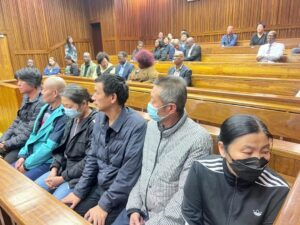
Investigations revealed harrowing details of the victims’ plight. Smuggled into South Africa hidden inside shipping containers, they were forced into slave-like conditions inside the factory. The victims worked grueling hours without any form of payment, received little or no food, and were confined to overcrowded and unsanitary living quarters. Reports described the factory as a seemingly legitimate business on the surface but, in reality, a hub for exploitation and forced labor.
The state has taken a firm stance, calling for the minimum prescribed prison sentences under South African law. Prosecutors argue that the gravity of the crimes, especially the exploitation of children, warrants nothing less than direct imprisonment. They insist that leniency would undermine the country’s efforts to combat one of the most heinous crimes of modern times.
On the other hand, the defense has pleaded for reduced penalties, suggesting correctional supervision or lighter sentences. Defense attorneys argued that some of the accused played minor roles in the operations and that not all should be subjected to equally harsh punishment. Despite this, probation officers have been clear in their recommendations, with several advocating for direct imprisonment. One probation officer, in particular, concluded that the factory’s manager showed no signs of remorse or potential for rehabilitation.
The sentencing hearing has drawn notable figures, including Deputy Minister of Employment and Labour Judith Nemadzinga Tshabalala, who is attending the proceedings in person. Her presence underscores the government’s commitment to addressing human trafficking and ensuring justice for the victims.
Human rights advocates have welcomed the convictions but caution that the case represents only a fraction of the trafficking problem in South Africa. Experts say human trafficking remains severely underreported, particularly cases involving children and undocumented foreign nationals. Many victims remain trapped in hidden networks of forced labor, commercial sexual exploitation, and domestic servitude.
As the High Court prepares to hand down its judgment, the case stands as both a warning and a test. A harsh sentence would reinforce South Africa’s zero-tolerance stance on human trafficking, while a softer approach could fuel criticism that the justice system is failing the most vulnerable. For the rescued Mozambican victims, today’s ruling represents a critical moment of accountability and, potentially, the first step toward healing after enduring months of unimaginable abuse.

